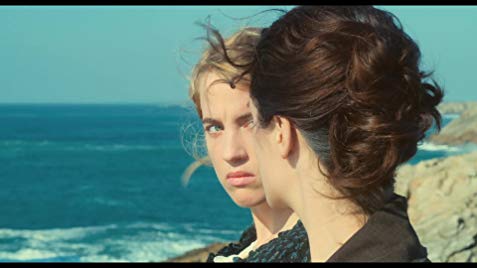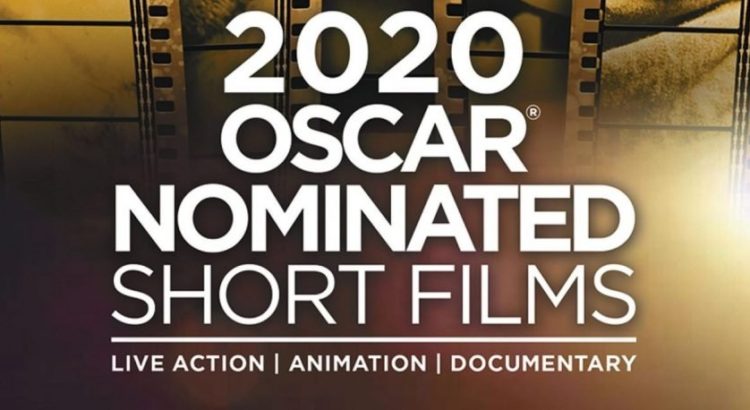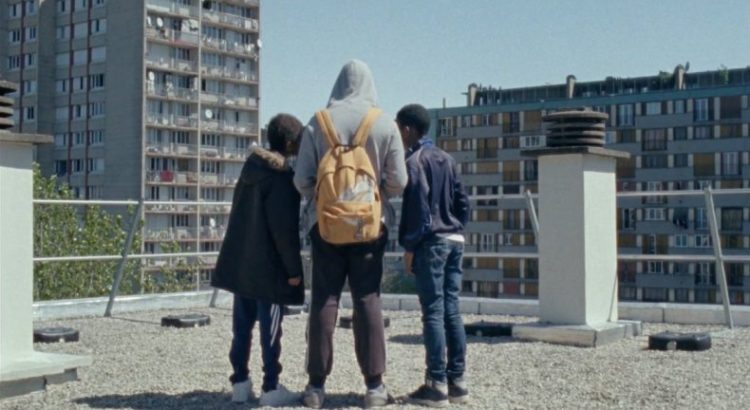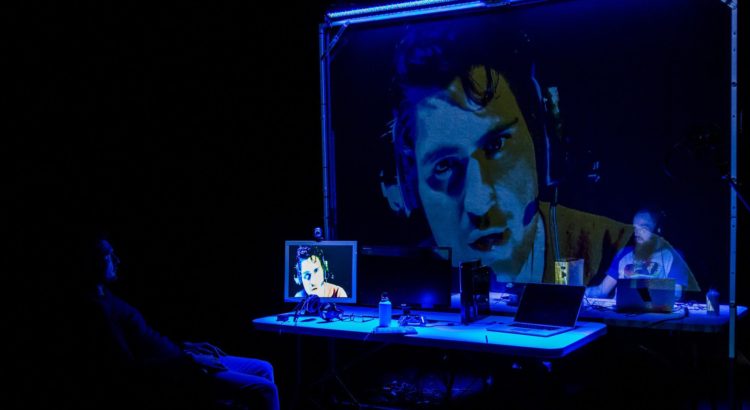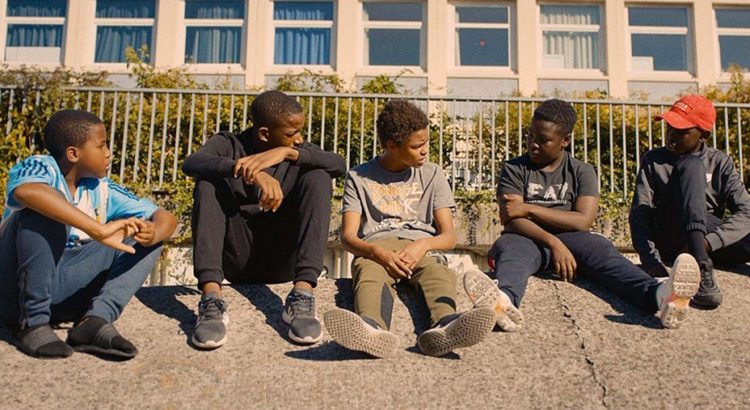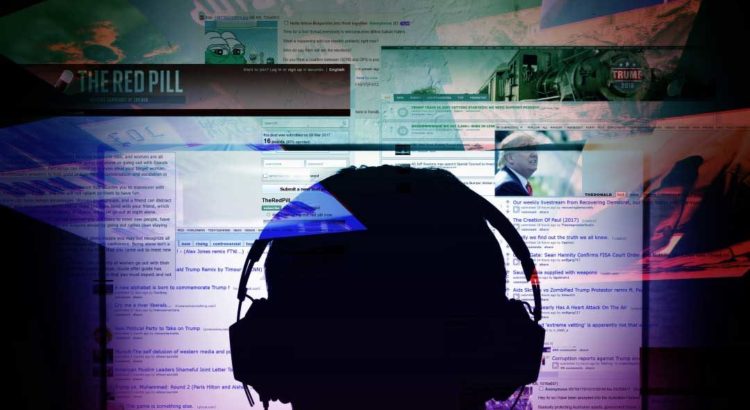The Believers Are But Brothers was a theatrical experience I’m glad to have taken a part of. And I do feel as though I took part in it, as the show felt sort of like a conversation between performer Javaad Alipoor and the audience. The fact that a WhatsApp group of the audience was constantly ringing in my hands was also a pretty big part of this feeling.
And I know everyone wants to talk about what it means to have a communal theater experience via our phones and the interest of this choice is obvious. But I’m still going to talk about it too.
I’ve been to a handful of UMS and SMTD performances, and the age disparity has always been there. Can I say it’s surprising that the majority of attendees at these shows are much older? No, to be quite honest it’s hard to get student foot traffic to go anywhere if free food isn’t offered. I found this imbalance to be really clear during the show, though, and really intriguing. At the beginning of the show, a large group of older attendees leaned over to ask what everyone was doing on their phones–they didn’t have the app and throughout the show leaned to watch the conversation (I guess that’s the word for it?) on my phone or the person’s in front of them. I’m sure this experience was equally meaningful, though, as it most likely mirrored the disconnect they have towards the darker parts of the internet.
And that’s a lot of this show; Alipoor would describe internet phenomena that I’m sure was new to plenty of the audience, and then offer narratives of young men taking part in and affected by such concepts. I found the rhythm of the show to be really engaging, as it alternates between the unfolding of intense, affecting stories and more casual audience interaction.
This show feels like a piece of a puzzle. These concepts are monumental and I realized that there are so many connecting pieces and stories that I left The Believers Are But Brothers wanting to see more. I wanted to understand Alipoor’s more complete idea of this whirlwind of a decade (that is definitely kind of impossible to do, but I digress). Turns out, there is a sequel: Rich Kids: A History of Shopping Malls in Tehran, and ultimately Alipoor is making a trilogy. Here’s hoping that we have the chance to see his work again soon.

